MDD Minds Closing Event: Celebrating Global Learning and Impact
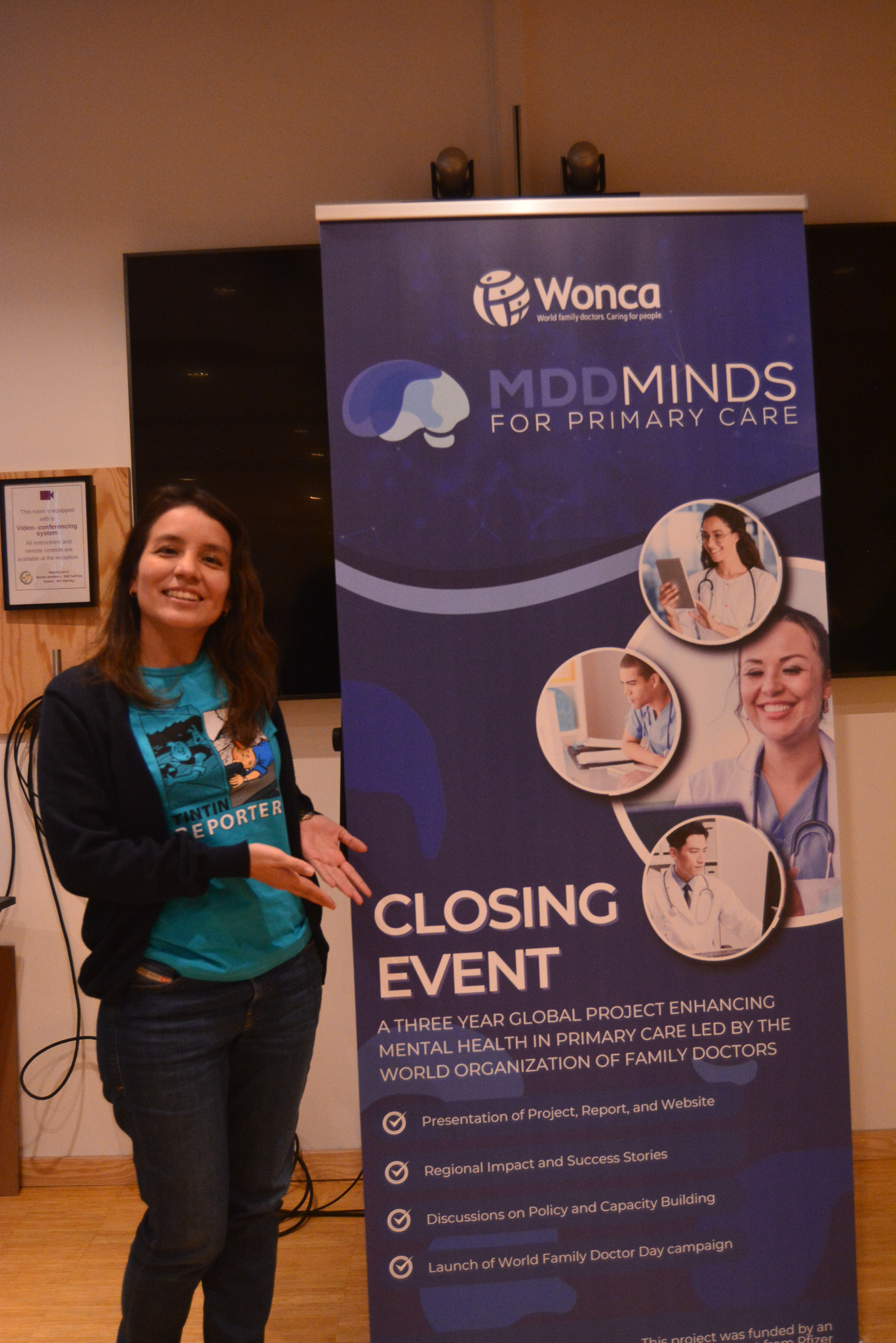 Dr Yasmina Cordova Rios, Peru
Dr Yasmina Cordova Rios, Peru
The closing event of the MDD Minds for Primary Care initiative was held on Monday, 24 March in Brussels, bringing together stakeholders from across the globe. The meeting marked the close of a two-year effort to improve the quality of care for major depressive disorder (MDD) in primary care, and to chart a path for future action.
Held at the WONCA Secretariat, the day’s programme included the presentation of the final report, reflections from country teams, and the launch of the new project website. Four faculty members from Brazil, Japan, Mexico, and Nigeria shared their countries’ experiences during a panel on regional impact.
Quantifiable Results and Real-World Change
The MDD Minds initiative, led by WONCA and Mosaica Solutions with support from an independent grant from Pfizer Global Medical Relations, engaged 2,892 primary care professionals in its online course, MDD Minds 101. A total of 581 learners completed the course (20% completion rate), surpassing typical rates for online education. Course completers reported a significant increase in confidence managing depression, from an average rating of 3.0 to 4.11 on a 5-point scale.
From this pool, 226 clinicians enrolled in the Train-the-Trainer phase, and at least 126 successfully completed it. These “scholars” went on to deliver 142 community education sessions, reaching 1,697 additional healthcare providers.
The Performance in Practice phase piloted depression screening for patients with diabetes at seven clinical sites in Brazil, Japan, and Nigeria. Over 1,000 patients were evaluated, with a 22.4% prevalence rate of depression identified.
Regional Highlights: Brazil, Japan, Mexico, Nigeria
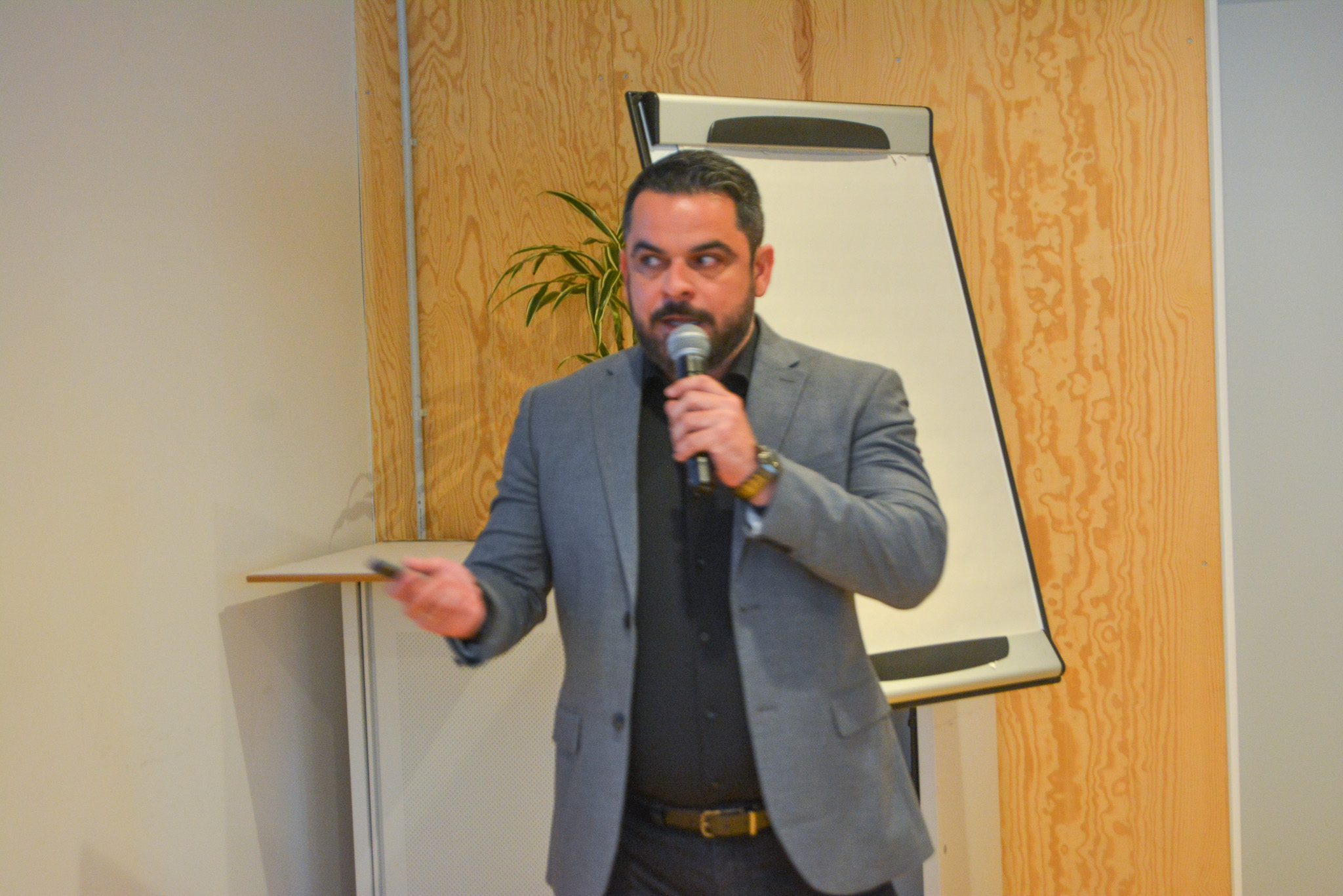 Dr André Tavares, Brazil
Dr André Tavares, Brazil
Dr André Tavares of Brazil reported that 30 scholars conducted 82 hours of face-to-face training for 928 colleagues, including 271 doctors. Performance in Practice teams in Rio de Janeiro and Ceará screened 254 patients with diabetes, with depression prevalence ranging from 15% to 32% depending on site. “Before the project, there was no integrated view of diabetes and mental health,” he explained in his presentation.
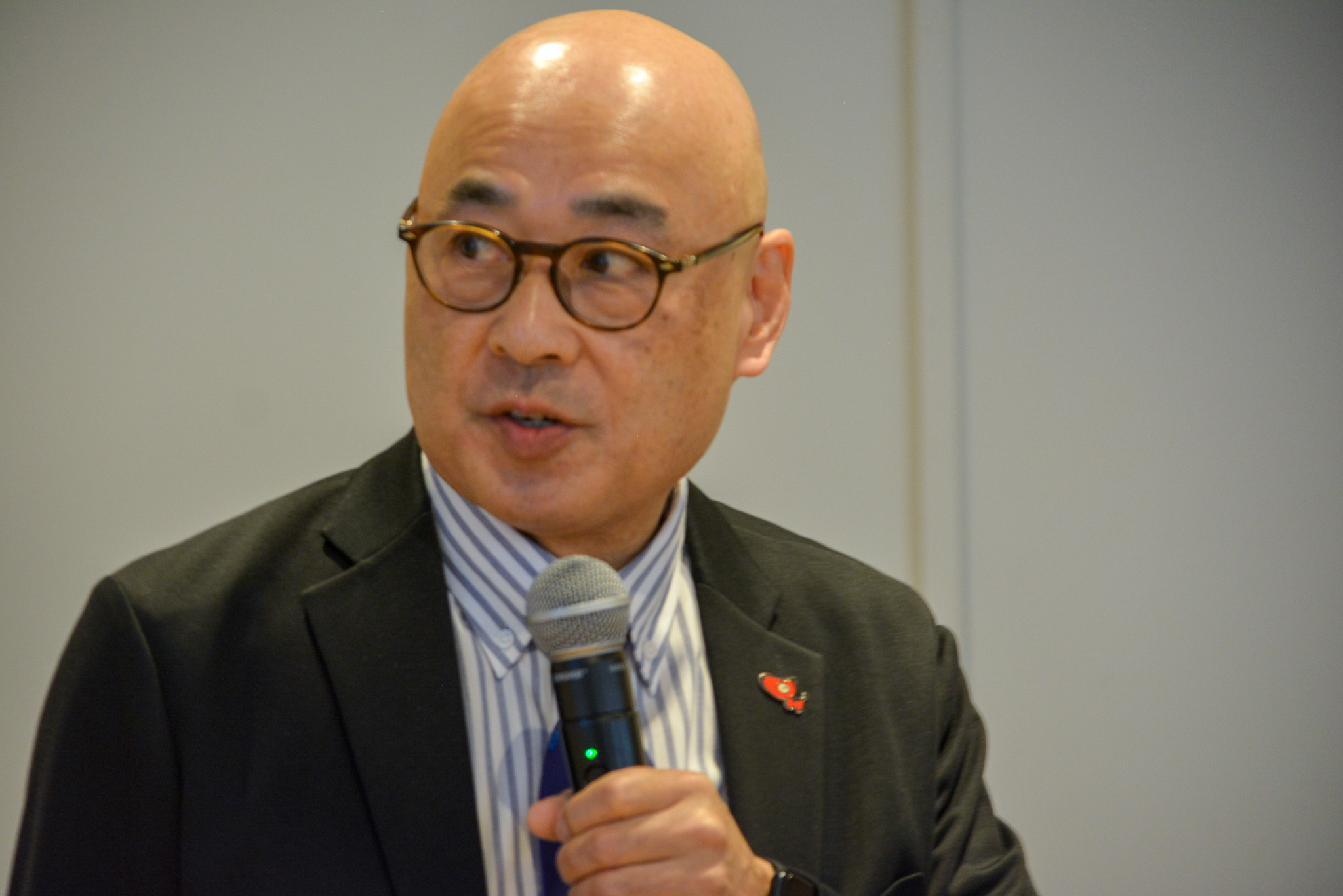 Dr Ryuki Kassai, Japan
Dr Ryuki Kassai, Japan
From Japan, Dr Ryuki Kassai noted that nine scholars completed the advanced training and five held local meetings. He described the challenges of primary care research in Japan’s organ-specialist-dominated health system, and emphasised the importance of building local research culture. “Our certified family physicians number fewer than 2,000 to serve a population of 120 million,” he said.
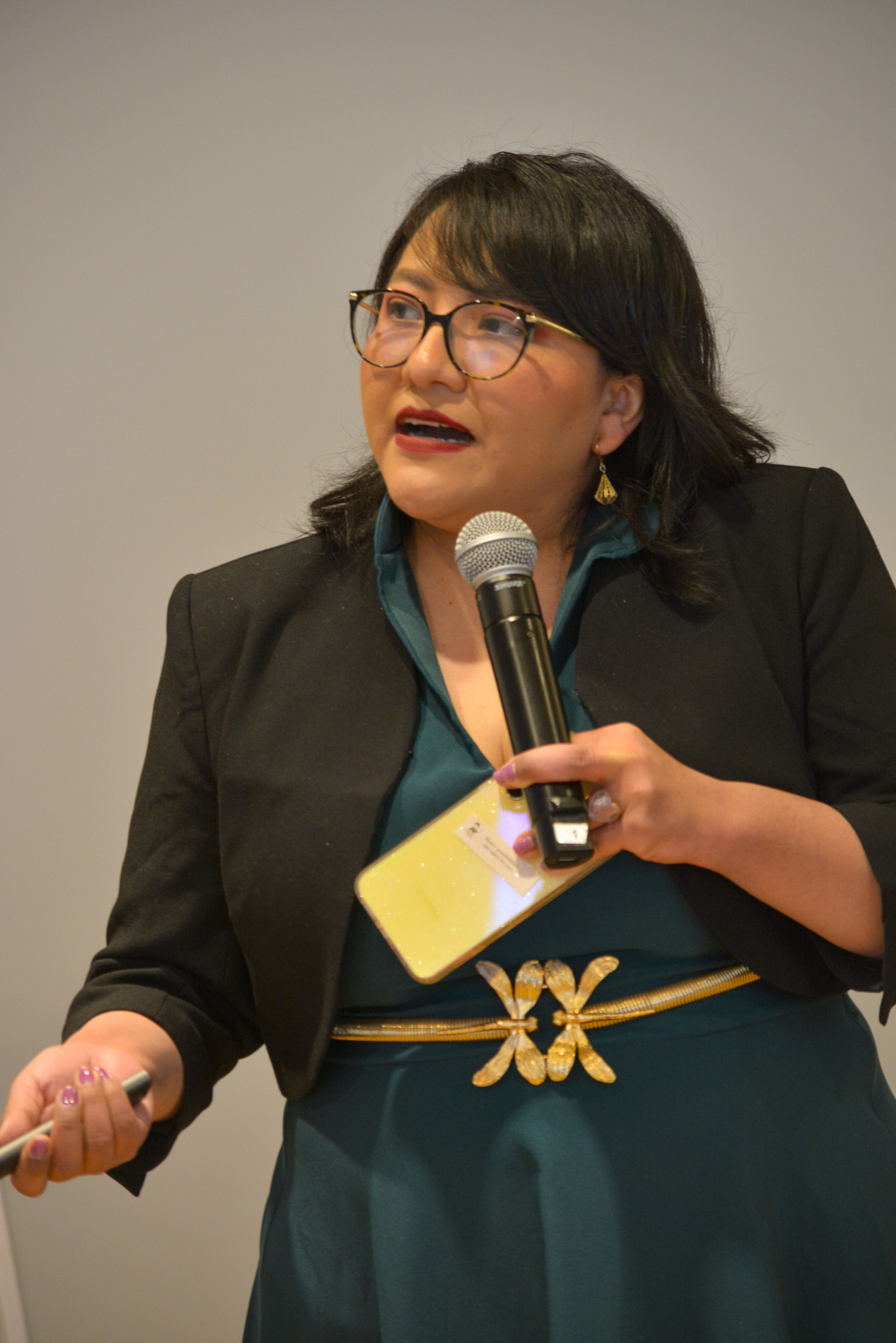 Dr Ana Pérez, Mexico
Dr Ana Pérez, Mexico
Dr Ana Pérez from Mexico shared how the project supported the use of non-pharmacological interventions and improved understanding of mental health among family doctors, particularly those in underserved areas. “There is a huge population, and mental health challenges are complex. This course helped connect us to a global network and a collaborative vision,” she noted during the panel session.
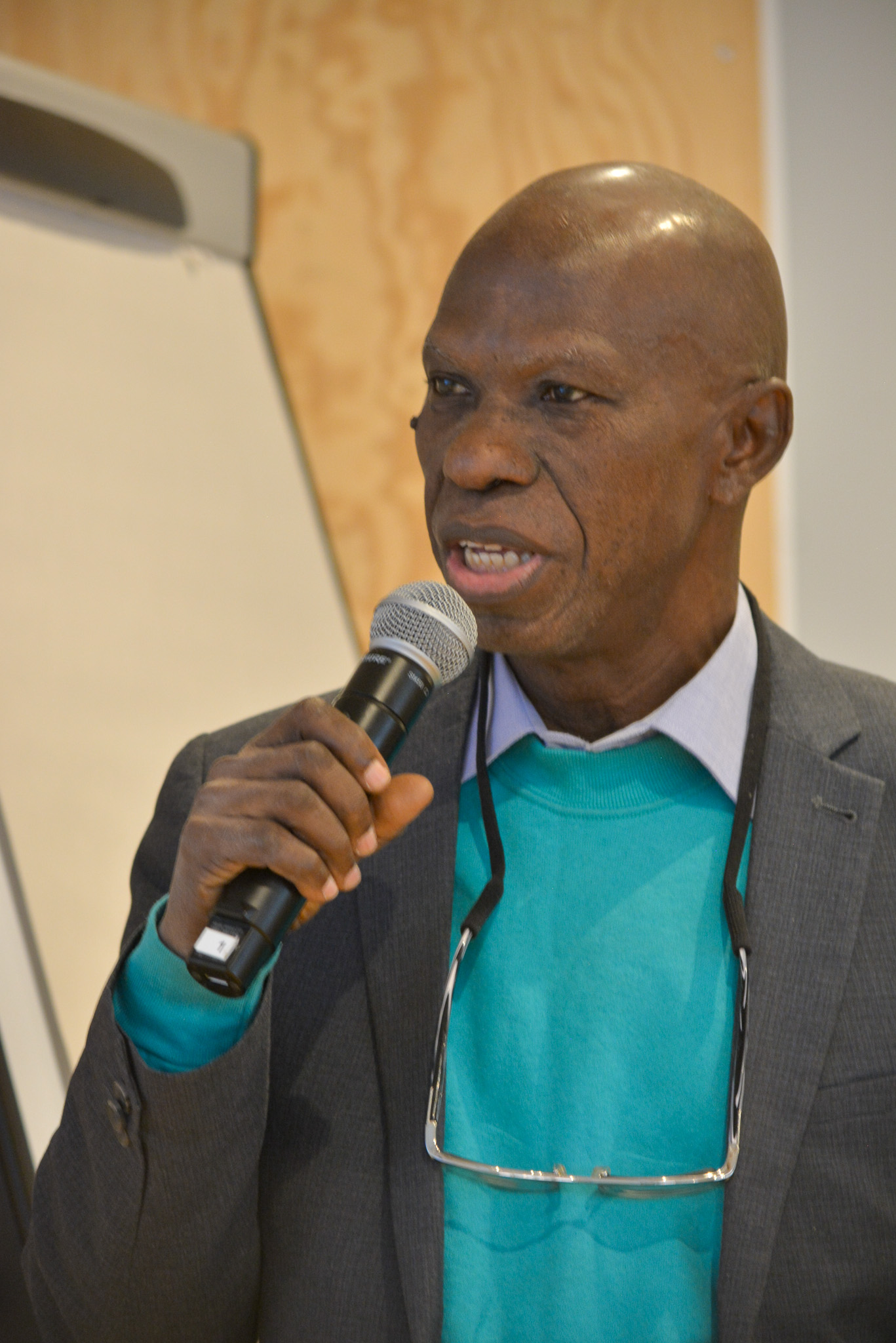 Dr Joseph Ariba, Nigeria
Dr Joseph Ariba, Nigeria
Dr Joseph Ariba of Nigeria reflected on the country’s high engagement: “When MDD Minds 101 launched, Nigeria’s numbers went through the roof because we trusted each other and encouraged participation,” he said. In his full remarks, he described cultural barriers to recognising depression: “In most of our ethnic groups, people tend to somatise mental health problems. No one says ‘I’m sad, that’s why I came to see you.’ That’s why cultural competence is so important in our training.”
Participant Experiences and Broader Lessons
Multiple scholars shared reflections on how the programme reshaped their practice. One Nigerian physician said: “This training reduced how often I resort to drugs. I now use non-pharmacological care more often—and I’ve had good outcomes.”
Participants also noted the personal value of the self-care module. As one learner wrote: “Participating meant a lot to me. I was going through a phase of mental exhaustion… this course reignited my enthusiasm for treating mental health.”
Alignment with WONCA’s Vision
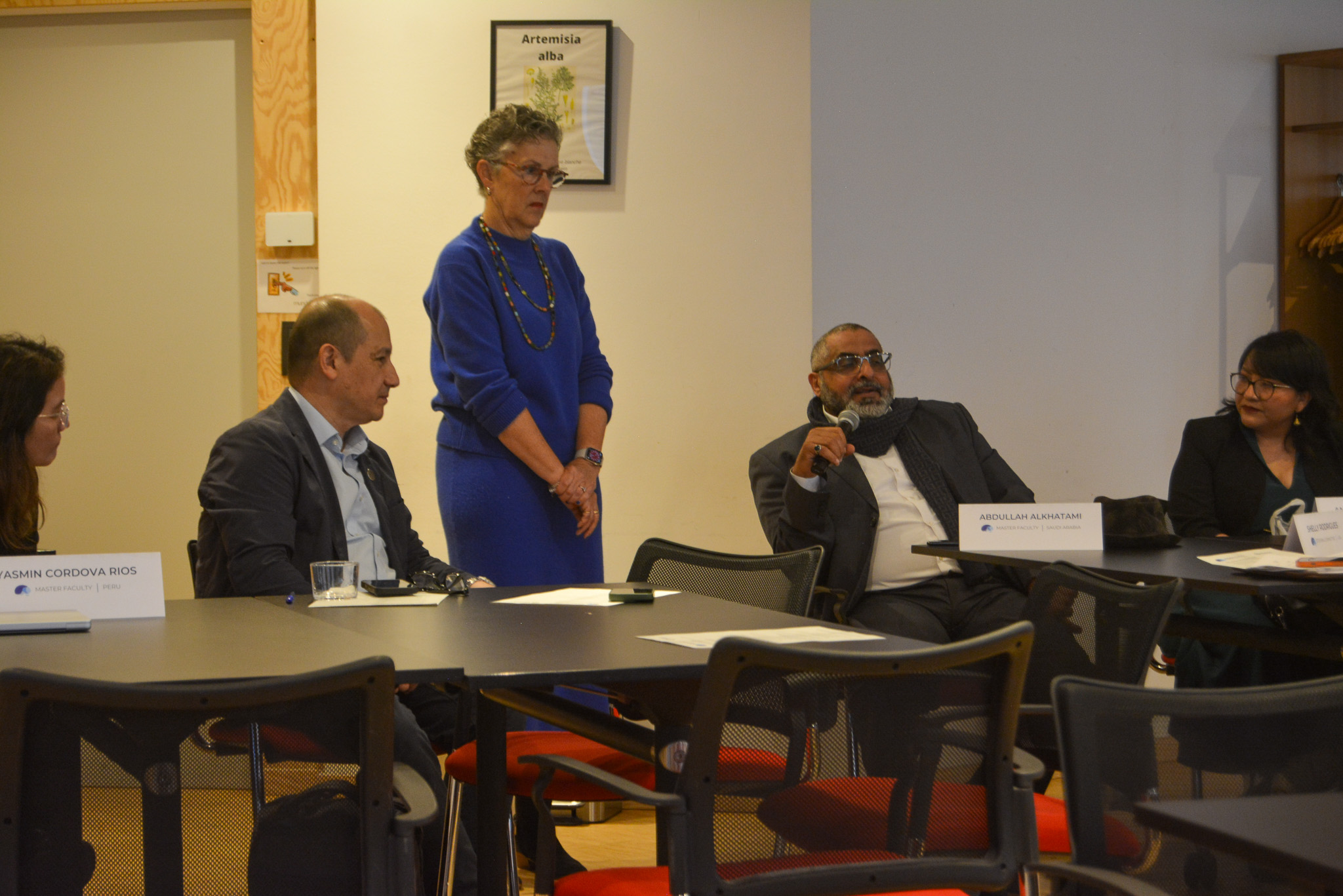 Dr Steve Mowle, Dr Mary Ales, and Dr Abdullah AlKhathami
Dr Steve Mowle, Dr Mary Ales, and Dr Abdullah AlKhathami
In her recorded welcome, WONCA President Karen Flegg remarked that “there will be many family doctors—and even more patients—who will benefit from this initiative.” WONCA President-Elect Vivianna Martinez Bianchi closed the event by affirming that MDD Minds aligns with WONCA’s strategic plan to expand mental health care in family medicine: “This project shows what can be achieved when knowledge, compassion, and collaboration come together.”
Scalability and Global Potential
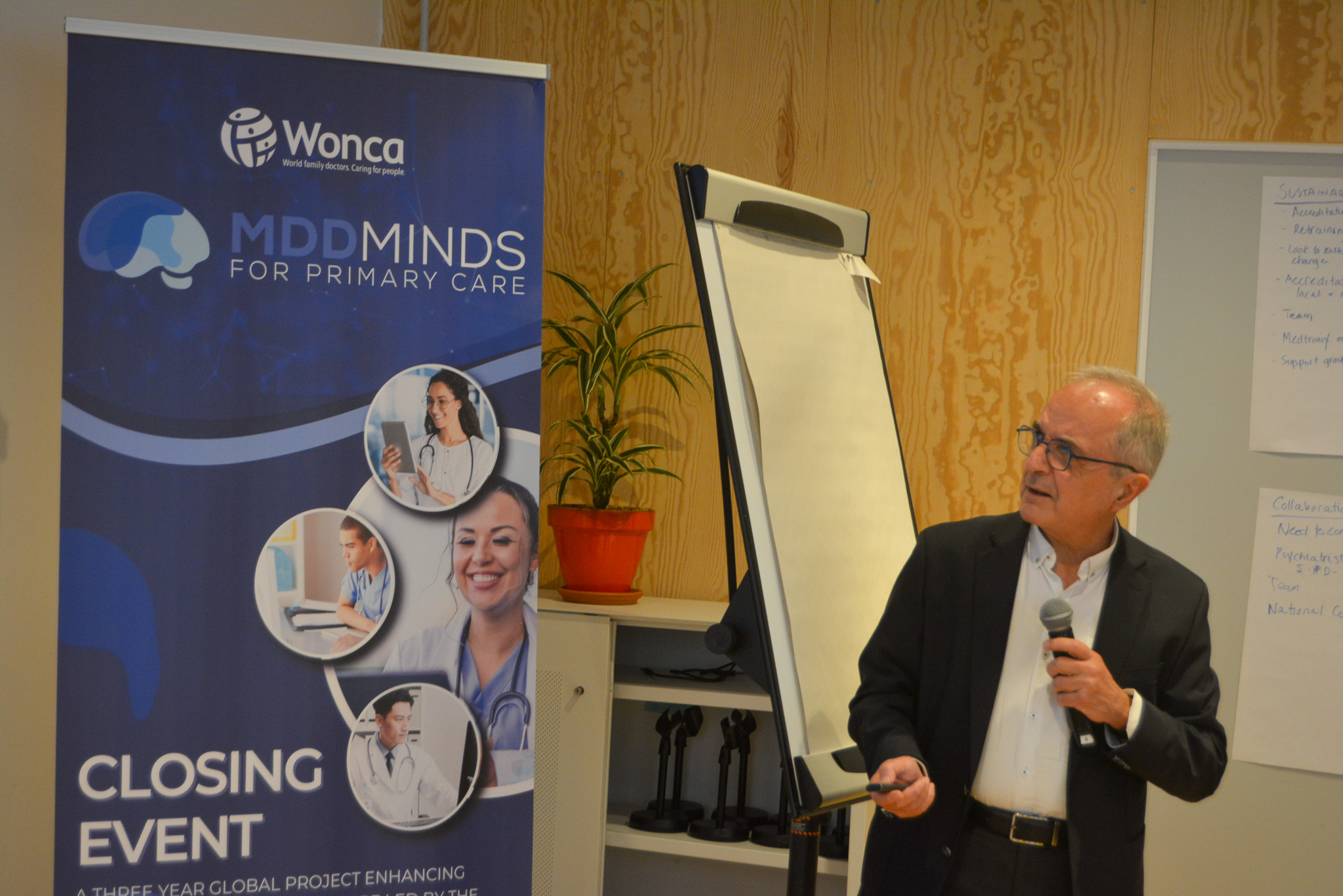 Prof. Christos Lionis, Greece
Prof. Christos Lionis, Greece
At the closing event, Professor Christos Lionis, Chair of the WONCA Working Party on Mental Health, delivered a presentation that directly addressed the long-term scalability and sustainability of the MDD Minds initiative. He highlighted the importance of creating a comprehensive guidebook that could build upon WHO’s earlier efforts to integrate mental health into primary care. This proposal, he noted, would help ensure the project’s alignment with established global strategies, while laying the foundation for ongoing and sustainable growth.
Professor Chris Dowrick, Chair of the MDD Minds project and former Chair of the WONCA Working Party on Mental Health, emphasised the programme’s potential for scale. In his presentation at the final event, he described how the structured, three-phase approach offers a roadmap for future initiatives: “The project was designed to be scalable—each stage built on the last. We moved from online learning to skills development, to real-world implementation. That is a model we can use again.”
He also underscored the importance of collaboration across regions: “We have built a network of clinicians who now have both the competence and the confidence to continue this work—and to lead it locally.”
As detailed in the final report, the MDD Minds model provides a foundation for future projects, whether focused on mental health or other areas of primary care. “This is not just a training course,” Dowrick noted, “it’s a sustainable model for system-level change.”
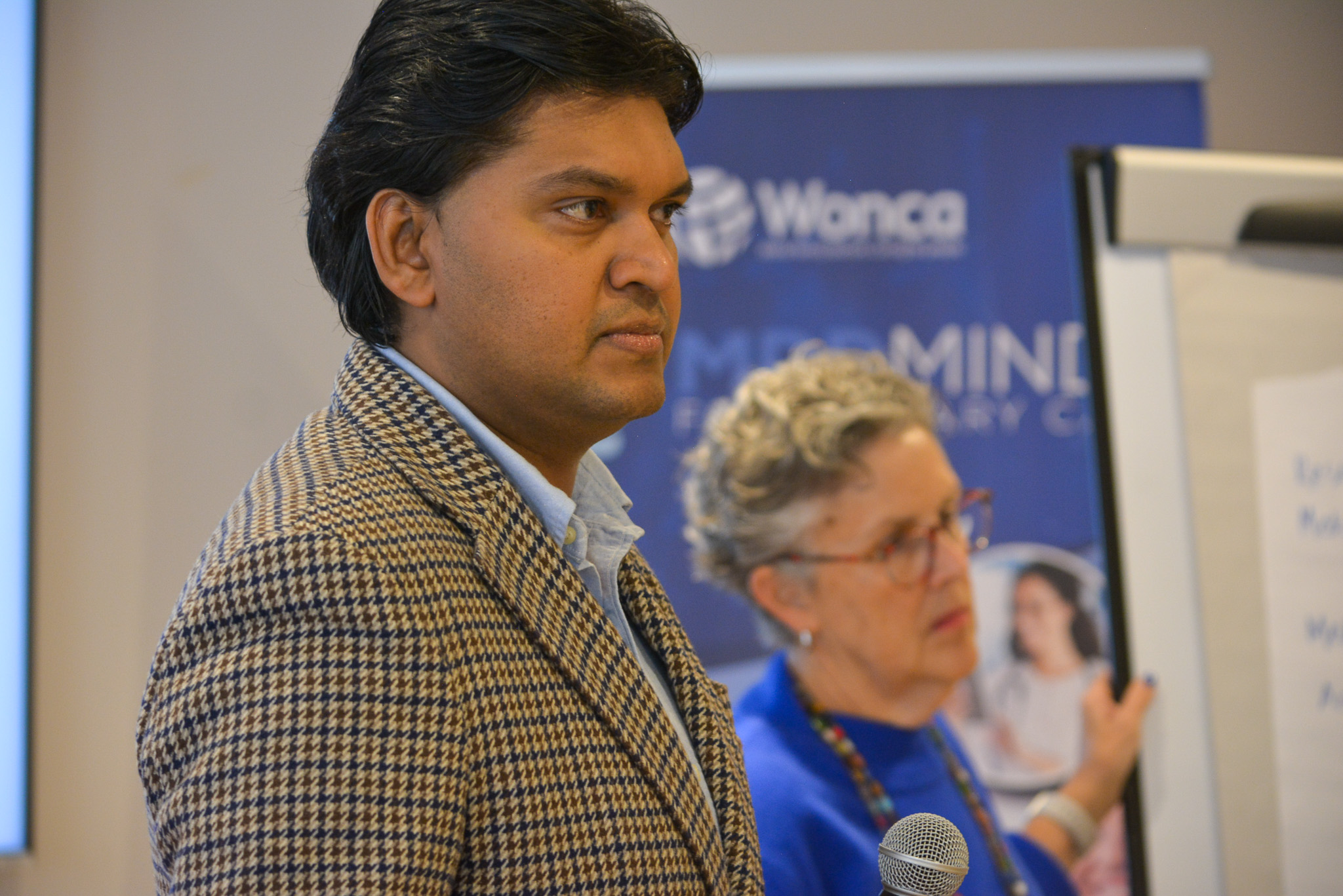 Dr Sankha Randenikumara and Dr Mary Ales
Dr Sankha Randenikumara and Dr Mary Ales
Next Steps and New Resources
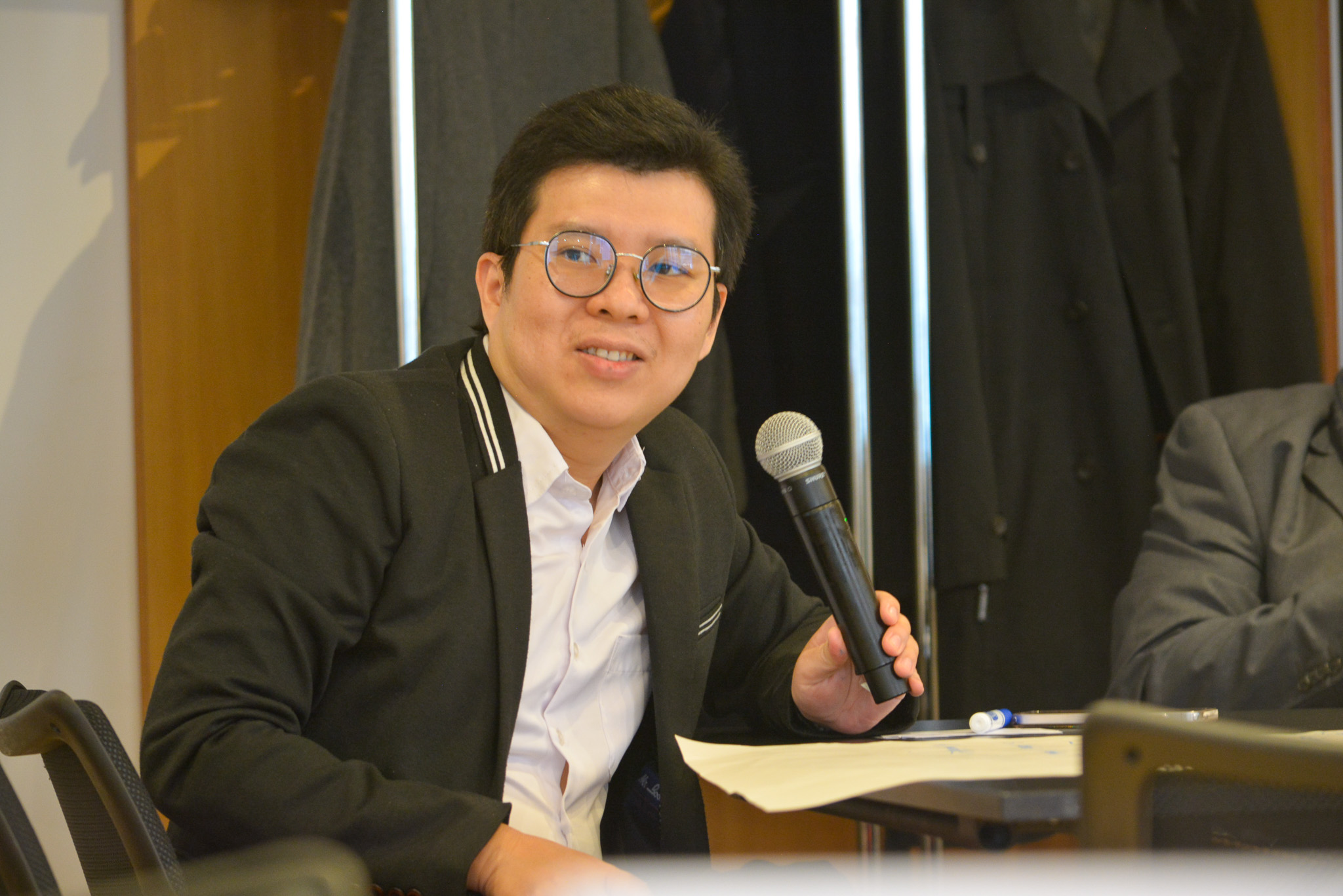 Dr Dewanto Andoko, Indonesia
Dr Dewanto Andoko, Indonesia
The new MDD Minds website was launched during the event and is now live at www.mddminds.org, offering open access to the course, resources, and reports.
Looking ahead, participants discussed options for expanding the programme to new languages and countries, updating content based on feedback, and preparing abstracts for WONCA Lisbon 2025. A Steering Committee debrief on Tuesday focused on dissemination, future publication plans, and long-term sustainability.
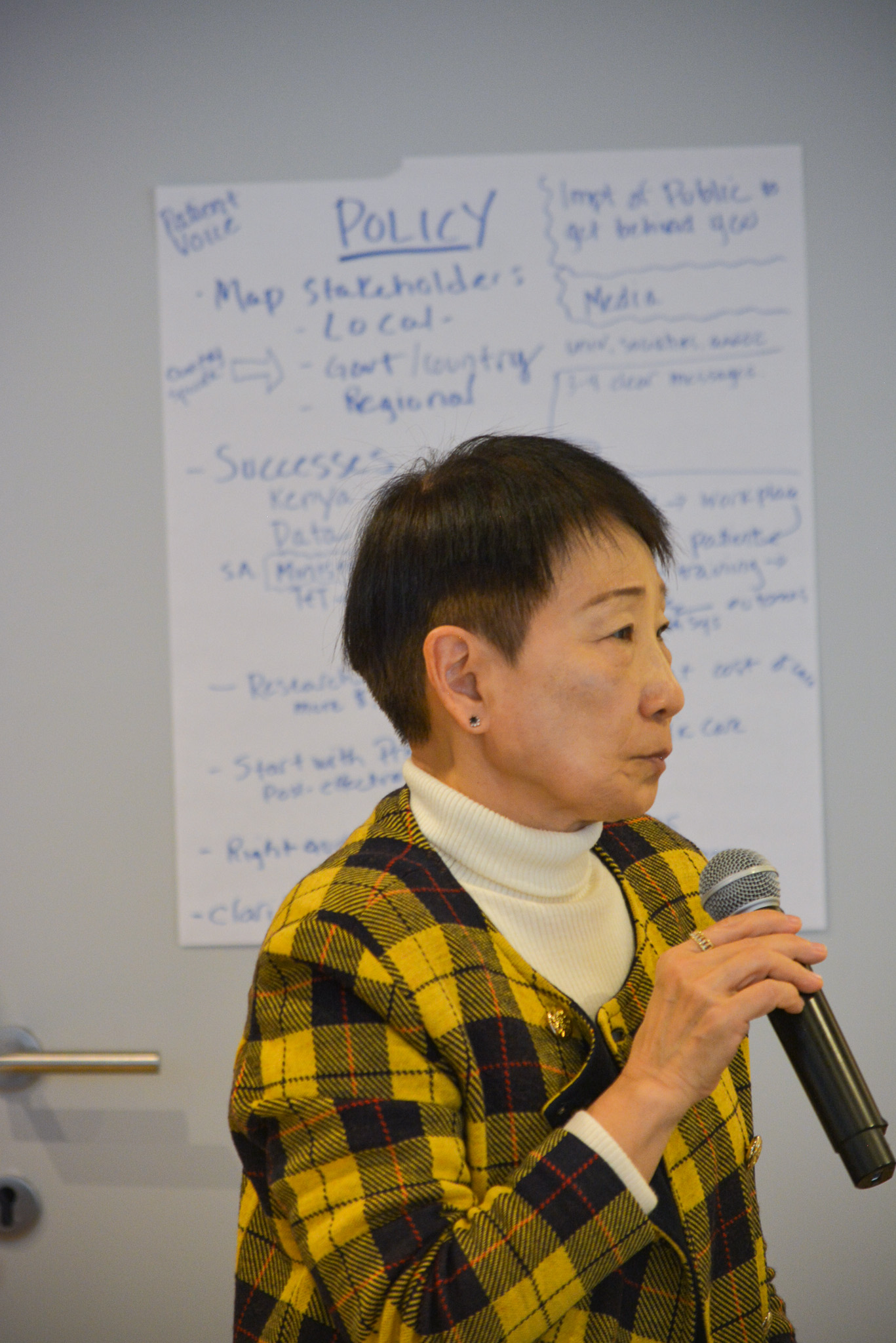 Dr Cindy Lam, Hong Kong
Dr Cindy Lam, Hong Kong
As the final session concluded, the atmosphere remained forward-looking. “This is not just the conclusion of a project,” said Professor Christos Lionis, Chair of the WONCA Working Party on Mental Health. “It’s the beginning of a stronger, more coordinated global effort to address mental health in primary care.”
Acknowledgements
WONCA extends our heartfelt thanks to everyone who made the MDD Minds initiative a success. To the Steering Committee—Professors Chris Dowrick, Christos Lionis, and Mary Ales—for your vision, commitment, and leadership. To our project partner Mosaica Solutions and the entire Master Faculty, whose expertise shaped the programme across regions. We are especially grateful to the learners and scholars whose enthusiasm and dedication brought this work to life in their clinics and communities. We also thank our funder, Pfizer, for supporting this independent educational project and enabling its global reach. Special thanks go to our WONCA Secretariat team, and in particular to Roberto Muñoz Sierra, our Project Manager, for expertly coordinating every detail throughout the two-year journey. Your collective contributions have helped create a foundation for lasting change in how primary care addresses mental health around the world.
Final Report
Watch the Livestream